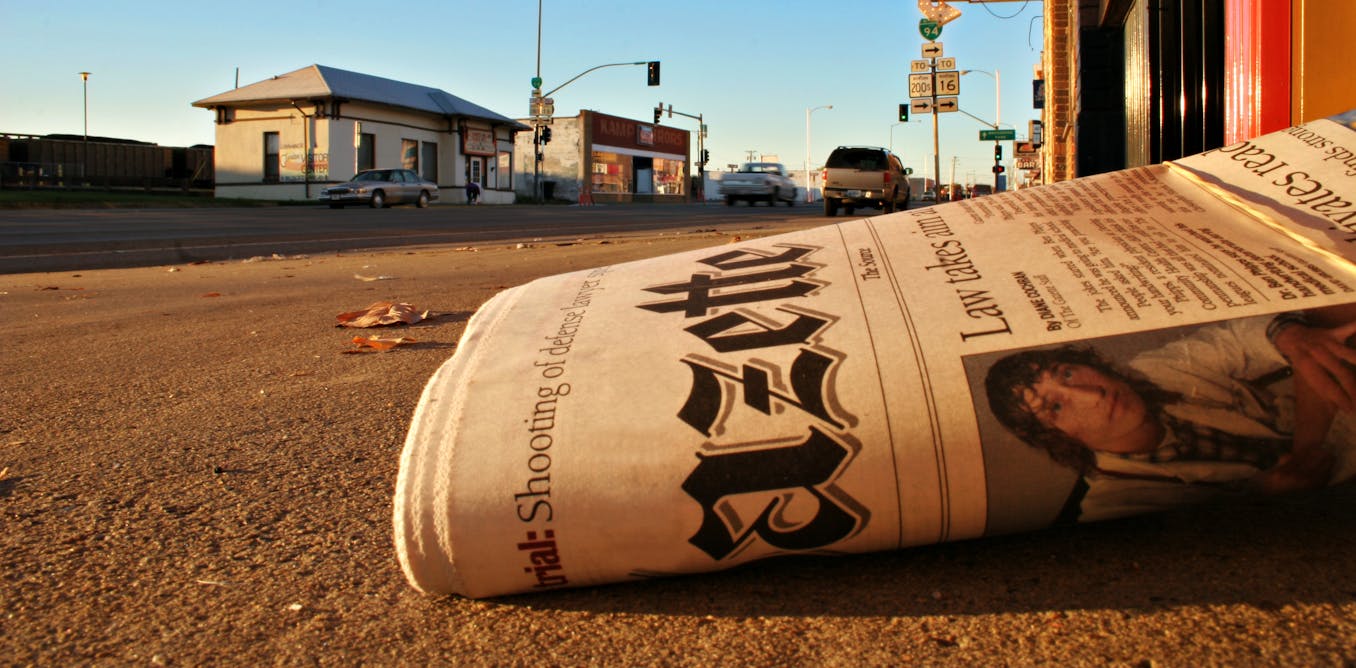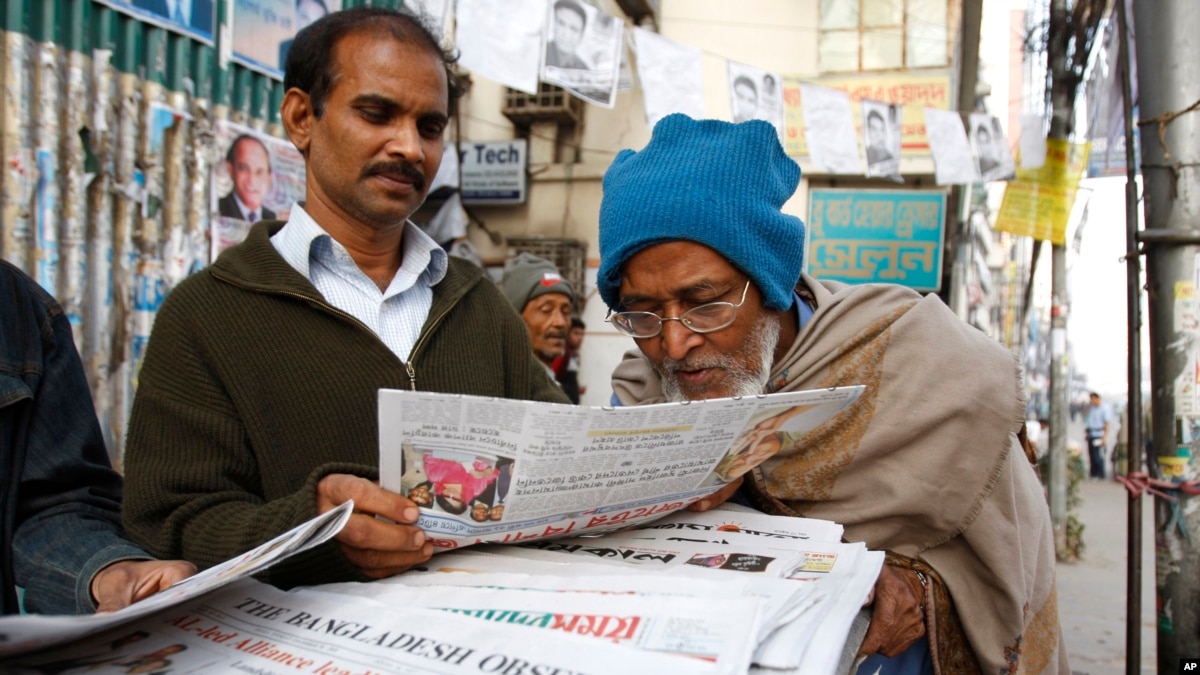When newspapers close, voters become more partisan
11 months ago
In our new study, we show that the loss of local news leads to political polarization, making governing more difficult locally and nationally. We began with a hunch: If people are reading more nationalized news when their local newspapers decline, they might become more polarized themselves and vote accordingly. In 1992, for example, voters in more than one-third of the states holding Senate elections elected a senator from a different party than they voted for in the presidential election. In 2016, there were no states in which voters did this, and more voters cast straight party-line ballots than at any point in the past century. We found that the decline of local newspapers and the "Nationalization" of political news are polarizing vote choice: Voters were 1.9 percent more likely to vote for the same party for president and senator after a newspaper closes in their community, compared to voters in statistically similar areas where a newspaper did not close. We thought there could be two explanations for our finding: Either people switched to national news once their local newspaper closed or they lost the information they needed to vote in more local races. The partisan voting we found is probably due to switching to national news, not feeling less informed about local politics. Read more




